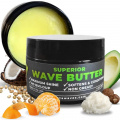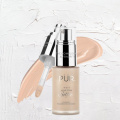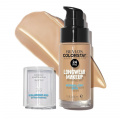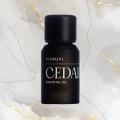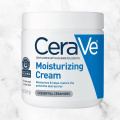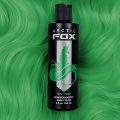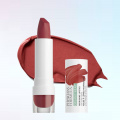Home Remedies for Scabies to Naturally Combat the Infection
Discover some home remedies for scabies – a viral skin condition caused by mites. They can help reduce itching, treat the infected areas, and offer protection.
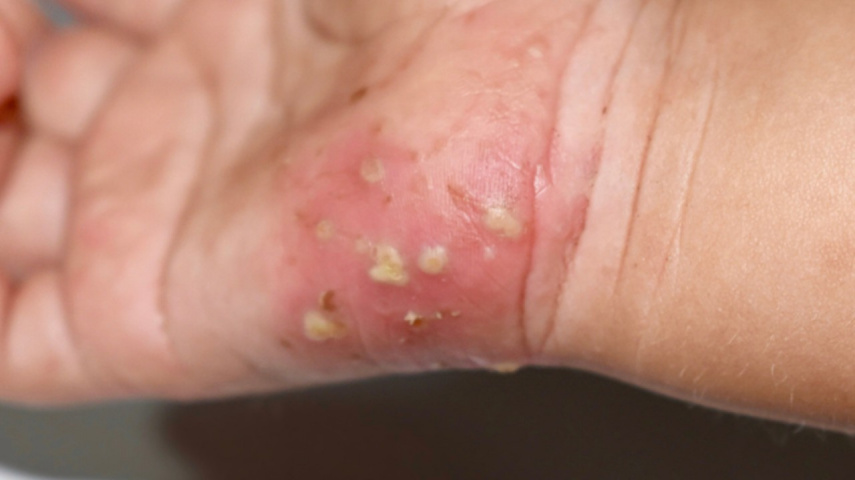
Scabies can be an incredibly uncomfortable and distressing human skin disease that is highly contagious and caused by tiny mites. While medical treatment is essential to effectively eliminate scabies, there are several home remedies for scabies that can provide relief from its symptoms. Several household ingredients such as turmeric, cloves, neem, etc. can do wonders and here we will see how.
These natural approaches, however effective should only be used after prior consultation with a healthcare professional. You can also use these in conjunction with prescribed treatments, which can help ease the itching, redness, and discomfort associated with scabies. Furthermore, since natural treatment of scabies may take a longer time to produce results, one needs to be more patient and consistent with the application too. So, let us discuss everything you need to know about scabies and its remedies.
What Is Scabies?
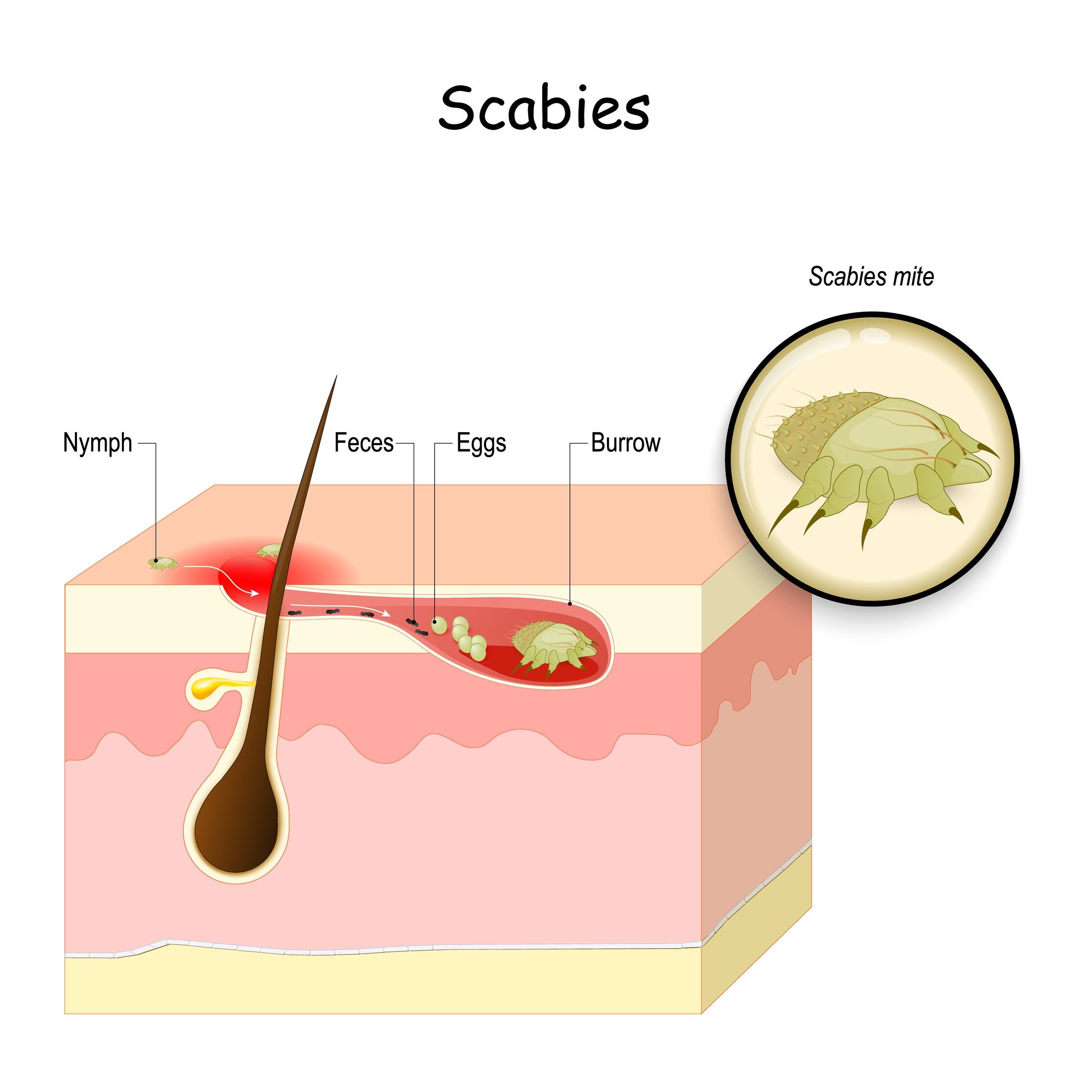
Scabies is a skin disease that is highly contagious and causes itching, inflammation, sores, and thickening of the skin crust. It is caused by an astigmatid mite called Sarcoptes scabiei, which infects by actively burrowing into the epidermis (outermost layer) through the stratum corneum of the skin surface. After penetration, the adult mites mate and lay eggs which after hatching produce small larvae. These larvae create their own small burrows into the skin called molting pouches where they transform into nymphs and later become grown adults (1). These molting pouches are spread everywhere causing worse infections and covering larger areas in your body.
This parasite can affect over 150 different species causing mild to serious infections that can be transmitted by coming in contact with infested persons or objects. These mites, once in contact with the skin, can immediately lead to infection overnight. The itching occurs as our body’s reaction against the foreign objects which are the mite eggs, their waste, and their shed skin. Since scabies mites are microscopic in nature, identifying them with the naked eye is difficult, therefore if you see any redness, allergic reaction, itch, blisters, or inflammation, seek professional help immediately.
What Causes Scabies?
There is a primary cause of scabies which is the bug, but since it is a highly contagious skin condition a person may contract scabies in three different ways which are:
1. Scabies Mites: Scabies is mainly caused by a tiny mite known as the human itch mite or Sarcoptes scabiei mite. This tiny eight-legged creature penetrates deep into the top layer of your skin and feeds on your body. The adult female mite is primarily responsible because it lays eggs that hatch into larvae, leading to the development of redness and rashes on your skin.
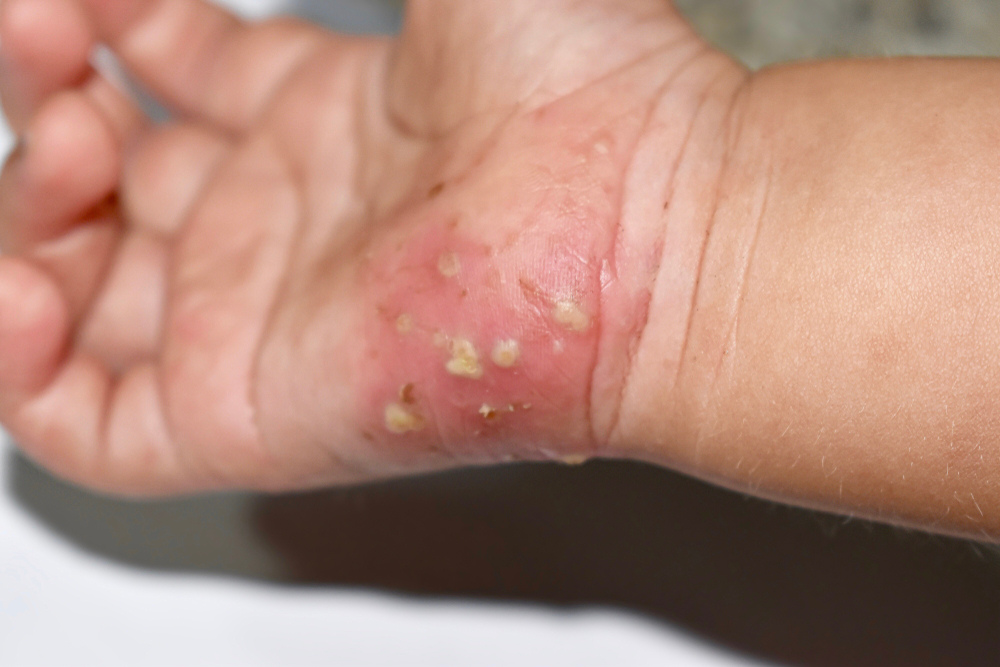
2. Fomites or Infected Objects: Scabies are highly contagious, and they can spread when a person comes into contact with items like clothing, bedding, towels, or other shared objects that have been used by someone with scabies.

3. Contact With Infected Person: Direct skin-to-skin contact with an individual who has the mite or the skin condition can easily lead to the transmission of scabies. This is why close family members and people who live together are at a higher risk of passing the infection from person to person. Even engaging in activities that involve direct physical contact such as sexual contact and professional massages can spread scabies and increase the likelihood of reinfection.

Symptoms of Scabies
Scabies symptoms may take several weeks to appear after the initial infection, particularly if it's your first exposure to the mites. Moreover, not everyone with scabies will develop burrows or experience the same degree of symptoms. However, let us explore the most common symptoms a person may experience if infected with scabies parasites. Its symptoms typically include:
- Intense Itching: The hallmark symptom of scabies is severe itching, often worse at night. This itching is a result of the mites burrowing into the skin and laying eggs.
- Rash: A red, pimple-like rash often develops, especially in areas where the mites are most active. Common locations for the rash include between the fingers, wrists, elbows, armpits, waistline, buttocks, and genitals.
- Blisters And Sores: Scratching the affected areas can lead to the development of blisters, open sores, and crusty patches on the skin.
- Linear Burrows: In some cases, tiny, raised, grayish-white, or skin-colored lines (burrows) may be visible on the skin surface. These are the tunnels the mites create as they move beneath the skin.
- Secondary Infections: Due to the constant scratching, scabies can lead to bacterial skin infections, which may cause additional symptoms such as pus, increased redness, and pain.
- Generalized Symptoms: In severe cases or when left untreated, scabies can lead to more widespread itching and rashes, affecting larger areas of the body.
10 Home Remedies for Scabies
Here are 10 natural home remedies for scabies that may help alleviate symptoms, prevent further infection, and deplete infection-causing parasites. Since these treatment options are all-natural, you may achieve the results several weeks after treatment. You may use these remedies alone in the initial stages, but if it's severe, consult with a professional and use these in conjunction with prescribed medicines. Some effective home treatments for scabies are
1. Neem Oil Compress:
Neem oil can kill scabies mites and stop them from proliferating, thus stopping their cycle. It also helps with pain and itching, which is great for treating scabies symptoms (1). In a study conducted in India, they made a paste from neem oil and turmeric and used it to treat scabies infection in 814 people. Almost all of them (97%) saw beneficial results within three to 15 days, without any side effects(1). Therefore, researchers think this is a safe and cost-effective alternative to standard treatments, especially useful when treating people in poor countries or villages.
How to use:
a. Mix a few drops of neem oil with a carrier oil like coconut oil.
b. Use a cotton ball to apply the mixture to the affected areas.
b. Leave it on for 15-20 minutes before rinsing.
2. Tea Tree Oil Spray:
Tea tree oil is an essential oil that is frequently used as a home remedy for various skin conditions. This is because it contains active components called terpenoids, which have antimicrobial, anti-inflammatory, and wound-healing effects. These oxygenated terpenoids induce anti-parasitic properties and are primarily responsible for eliminating scabies mites (1). Tea tree oil might be a new way to treat scabies on your skin. This is particularly useful as an alternative treatment for cases of drug resistance to oral ivermectin and permethrin which is a big concern.
How to use:
- Dilute a few drops of tea tree oil with water (about 1:10 ratio).
- Spray the solution on scabies-affected skin.
- Leave it to air dry.
3. Turmeric Paste:
Turmeric contains curcuminoids which are potent antioxidants, anti?inflammatory, antineoplastic, anti-proliferative, and antimicrobial agents. This means it can inhibit or counteract the growth and spread of the parasite within the skin cells and also help in alleviating symptoms such as pain, redness, and itching (2). Therefore applying turmeric paste to the affected areas may offer scabicidal properties to combat the infection.
How to use:
- Create a paste by mixing turmeric powder with water.
- Apply the paste to affected areas and leave it on for about an hour.
- Rinse off with warm water.
4. Cayenne Pepper Soak:
Although there are no studies that prove the direct relation between cayenne pepper and active depletion of mite population. But, Capsaicin, a bioactive compound of cayenne pepper is responsible for reducing certain symptoms such as pain and itching. This is done by alteration or desensitization of neurons present in the skin (3). However, there have been reports that state that people experience a burning sensation after topical application which should be kept in mind before using this remedy.
How to use:
- Add a tablespoon of cayenne pepper to a warm bath.
- Soak in the bath for 15-20 minutes.
- Pat your skin dry gently.
5. Borax And Hydrogen Peroxide Bath:
Borax or Sodium borate has antibacterial and antifungal agents for which they have been extensively used in pharmaceutical preparations such as medicated powders, skin lotions, mouthwash, toothpaste, etc (4). Hydrogen peroxide is also known for its antibacterial properties (5) Therefore, topical application of borax and hydrogen peroxide may help improve symptoms.
How to use:
- Mix 1 cup of borax and 1 cup of 3% hydrogen peroxide in a warm bath.
- Soak in the bath for 15-20 minutes.Rinse your body with clean water afterward.
6. Aloe Vera Gel:
Aloe vera gel offers soothing and healing properties to the skin that is infected. It can also help with itchy skin and fight against scabies, due to its antiseptic and anti-inflammatory properties. In a study, they found that aloe vera gel worked just as well as a prescription treatment called benzyl benzoate for scabies (6). However since it is an extremely small sample size, its degree of efficacy is yet to be confirmed.
How to use:
- Apply fresh aloe vera gel directly to the scabies rash.
- Leave it on for at least 30 minutes before rinsing.
7. Lavender Oil And Olive Oil Blend:
Lavender contains linalool and linalyl-acetate which have immunological functions such as anti-parasitic effects on the Scabies bug as per laboratory research results. It killed over 10% of the mites within 20 minutes (1). Therefore, lavender oil may be used as an effective home remedy for scabies because of its insecticidal activity, especially in cases of mild reactions.
How to use:
- Mix a few drops of lavender essential oil with olive oil.
- Apply the mixture to the affected skin and leave it on for an hour.
- Wash off with mild soap and water.
8. Cloves Oil:
Clove oil is a natural oil that can help with scabies because it has analgesic, antimicrobial, and anti-inflammatory properties. It can make scabies blisters and rashes dry up. Studies done on rabbits and pigs scabies virus showed that clove oil resulted in the effective killing of permethrin-resistant mites. This mechanism is owed to a major component present in cloves called eugenol, a terpene that interferes with various cell structures of the human scabies mite to prevent it from growing and proliferating (1).
How to use:
- Crush a few cloves and mix them with sesame oil to create a paste.
- Apply this paste to scabies-affected areas and leave it on for an hour.
- Rinse with warm water.
9. Calendula Cream:
Calendula is known to contain an array of components that exert antioxidant and anti-inflammatory properties namely flavonoids, terpenes, and phenolic acids. It has been observed to improve conditions of sarcoptic mange (animal scabies) such as cell damage and immunological changes in dogs (7). Therefore, calendula cream may be used to reduce inflammation and itchiness in humans suffering from scabies too.
How to use:
- Apply calendula cream to the scabies rash multiple times a day.
- Calendula is known for its soothing properties and can help reduce itching.
10. Cold Compress:
Cold compresses can help alleviate symptoms of scabies including itching and inflammation. Cold temperatures can help in vasoconstrictions i.e. narrowing of blood vessels and also temporarily numb the nerve endings which in turn can help reduce swelling and inflammation. Additionally, it can also inhibit the release of certain inflammatory chemicals and enzymes, and add a cooling effect on the affected area soothing itchy and irritated skin (8). Thus, cold presses may be used to calm the affected area and help prevent further skin conditions that may occur due to constant scratching.
How to use:
- To use a cold compress wrap ice or a cold pack in a clean cloth or towel
- Apply it to the affected area for about 10-15 minutes at a time.
- Make sure not to apply ice directly to the skin to avoid frostbite or cold burns.
When to Seek Medical Help?
After starting treatments, results require some time, and the itching might continue even as the rash begins to recover. However, if you experience treatment failures and still have symptoms after a few weeks of treatment, it's advisable to consult a healthcare provider. They can confirm a scabies diagnosis through a skin test and may prescribe traditional medicine like cream or, in more severe cases such as crusted scabies, oral medication.
Conclusion:
We know how challenging it is to deal with a skin condition that constantly itches and pains. Therefore, with our guide on home remedies for scabies, we attempted to help you through one such distressing infection. Offering you a wide range of home remedies that target different aspects of the infections, starting from anti-parasitic effects to pain relief with minimum to no side effects, this article has all of your answers. It is advisable to consult a dermatologist before trying them, especially if you have any allergies, secondary skin irritations, or aggravated scabies symptoms. Other than that, feel free to explore the soothing properties of tea tree oil, the anti-inflammatory effects of turmeric, or the skin-calming benefits of aloe vera in these remedies.
ALSO READ: How to Treat Uneven Skin Tone Using Home Remedies





 JOIN OUR WHATSAPP CHANNEL
JOIN OUR WHATSAPP CHANNEL





































